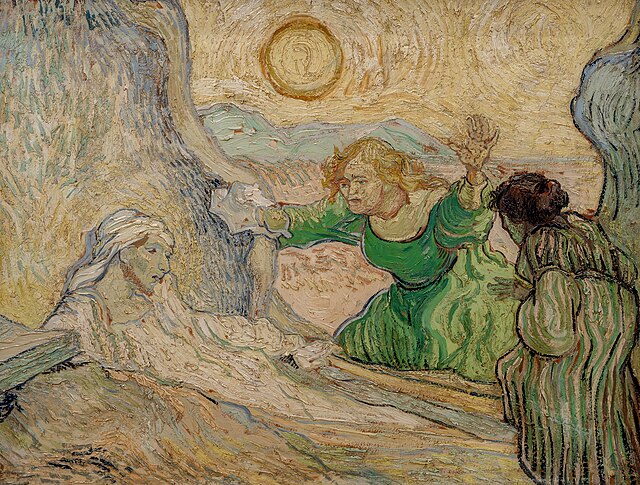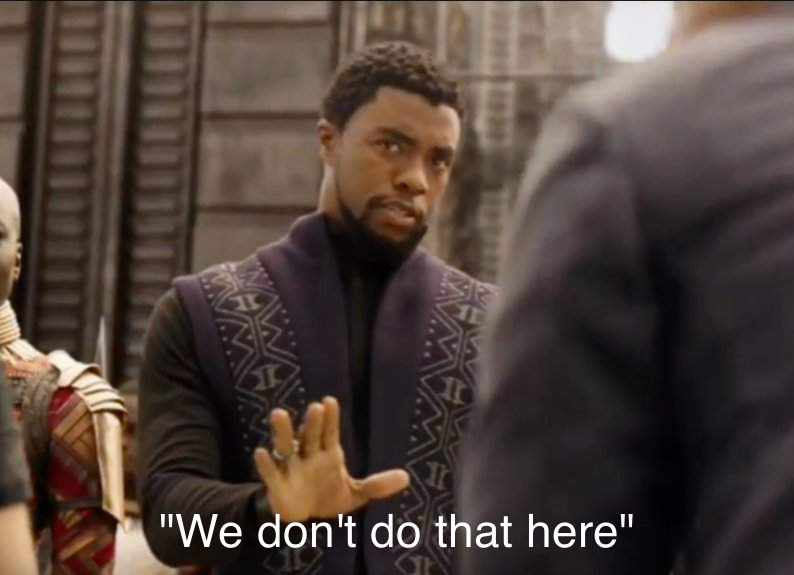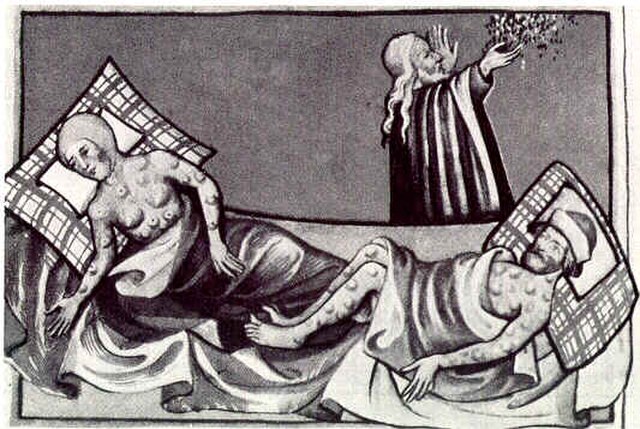How common are clerics?
I suppose somewhere out there is a game of 5e, where every NPC has class levels, and the world is neatly partitioned: 1/12th of the world are bards, 1/12th fighters, and so on. On the other hand, perhaps Saul Godman, your buddy’s level 2 cleric, is the only divine caster in the entire world… at least until he dies, and your pal rolls up Saul the Second.
But where to strike that balance?

If one person in a thousand (or even ten thousand) had access to the powers of a low-level cleric, the entire arc of history would be radically different. Beyond the wild implications of proof of gods, the magical abilities on the table would change everything.
So what to do? Make clerics rare (very rare)? Ignore the implications? Come up with another fix? Cling to the Forgotten Realms?

Let’s take a quick whip through some earth-shaking spells available to low-level clerics.
Mending
It’s insane that Mending is a cantrip.
Consider an archetypical pre-modern society: low population growth, predominantly agricultural, low industrial output. Europe looked back on the wonders of Rome for a millennium, convinced the past was better than the imminently apocalyptic future. In a world of low-cost, perfect repair, there’s far less reason to produce textiles, shoes, jewellery, kitchenware, horseshoes, nails, and small daggers — in other words, the bread and butter jobs of the artisan class. Our own history is littered with examples of technical amnesia; can you imagine how much worse it would be if every village had a cleric, helpfully erasing the need to make anything?
This one lends itself to Dungeons and Dragons really well. There’s always been a post-apocalyptic element to fantasy: ruins, lost treasures, strange monsters from ancient aeons. Lean into it!
The local blacksmith? Doesn’t exist. We’ve got a junkyard and a cleric, though. Get in there!
Detect Poison and Disease
Besides eliminating one of history’s great recourses in the face of poor leadership (and the amusingly unfortunate caste of poison tasters), this spell’s main contribution would be advancing the understanding of disease. People thought the Black Death spread visually or possibly via ‘bad air’; perfect diagnosis and detection could’ve induced a totally different response.

In 5e, the spell lasts 10 minutes. I could see a lot of small towns refusing all entrance outside of that window.
Cure Light Wounds
Risking a cleric in warfare (or adventuring) becomes less likely the more rare they are. Keeping some in reserve (especially when risking the lives of elites) seems likely, but for most soldiers, it surely can’t be cost-effective. So the ability to heal traumatic violence might be less ‘usable’ in practice than it seems — at least for non-heroic NPC types.
However, there is a slightly more manageable form of traumatic injury responsible for a vast number of historic deaths: childbirth.
Lifetime mortality risk for medieval women could’ve been as high as 6%. Terrifying! But consider that risk per childbirth was about 1.2%. With an attending cleric holding a 1st level spell in reserve, that could drop as low as zero. A single cleric might save as many lives per year as there are days. And that’s not even considering the possible effects on infant mortality and all that entails socially.
Deaths in childbirth supposedly balanced out deaths in warfare. If this isn’t the case in your world, expect a society of widows or female warriors. Regarding the status of women and children, Cure Light Wounds could produce a society that resembles our own more than medieval Europe.
Create Water
For most of human history, we clung tightly to rivers and wells. Monasteries, bound by the same temporal needs as the rest of us, required freshwater springs and farmland endowments to survive. This spell removes that need.
Put those holy sanctuaries in remote places! Deserts! Mountain tops! The middle of the Sea!
Water is life. The ability to create 10 gallons of it a day per 1st level spell slot could supply a strike force of knights and their horses, an order of monks, or a small hamlet of cultists. This affects settlement locations, military supply chains, and religious practices.
That’s not even getting into the Create/Purify Food and Water/Heroes Feast type stuff. In the absence of hunger and thirst, a lot more religious movements would have shut themselves off from the world.
Speak With Animals
Ok, so this one’s a slight cheat. It’s a druid spell in 5e, a magic user spell in LotFP, and a second-level spell in OSE. But we’re hovering in the right area, dammit!
And this one does have some pretty damn big implications.
I see three possible scenarios:
1. We talked to animals, and they don’t mind being eaten.
“Go ahead and eat us! It’s our explicit purpose in this divinely-crafted cosmology. What am I, chaotic evil?” – Cows, possibly
A strange choice, but the least disruptive.
2. We talked to animals, and they don’t want to be eaten, but we don’t care.
Plausible. Interesting. Shades of a mythic war between humanity and animals for control of the world. But it implies an adversarial nature to domestication that most non-vegetarians don’t see in our world. If cows could spit in our faces and call us oppressors, would we treat them better? Or much, much worse?
3. Speak with Animals makes everyone a vegetarian.
Honestly, this strikes me as the most plausible. Pets like cats and dogs have a fraction of the ability to communicate implied by this spell; even the slightest suggestion of eating those animals enrages most people. Even if some people were still okay with eating meat, it seems likely that social pressure (or even violence) would likely enforce the norm. In a world where polytheism is an inarguable fact, dietary habits could supply the moral basis for crusades and religious wars.
World-Building
So, does having a cleric in most towns of 5000+ people change the arc of history? Inarguably, but that doesn’t mean everyone has to be a vegetarian mother of thirteen fidgeting with their two-thousand-year-old sword as they wait for the quarantine window to open outside a hermetically sealed monastery.
Take a flip through the abilities your game offers clerics. Consider how they might change things if available once per day per ten thousand people. If you don’t like the implications, consider why these spells aren’t being cast. Maybe clerics in your world withhold their powers from the laity. Maybe religious strife reduces the number of clerics. Maybe clerics just are that rare; when Saul Godman walks into town it’s a historic event!
Just take some time to look at the spell lists and daydream.
Your game will be better and weirder for it.
Like this article? Check out Seven Sealed Spirits, a Knave 2e adventure about freeing long-sealed gods from a dwarven prison. Support the Strange!
